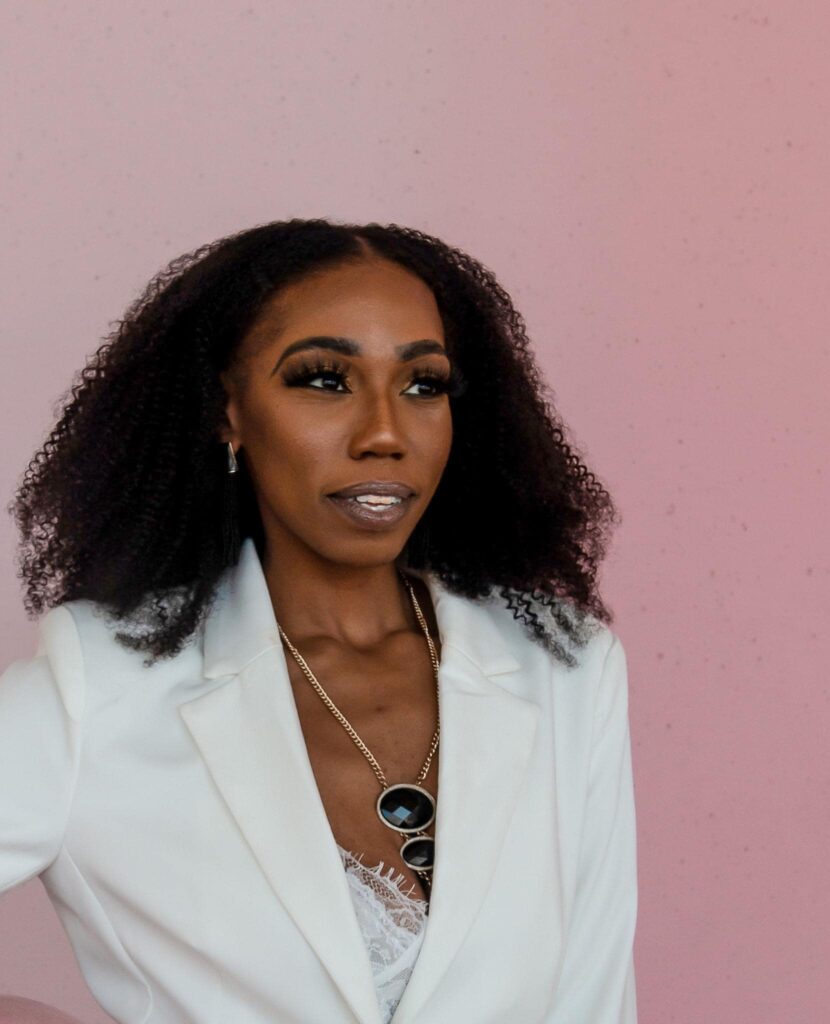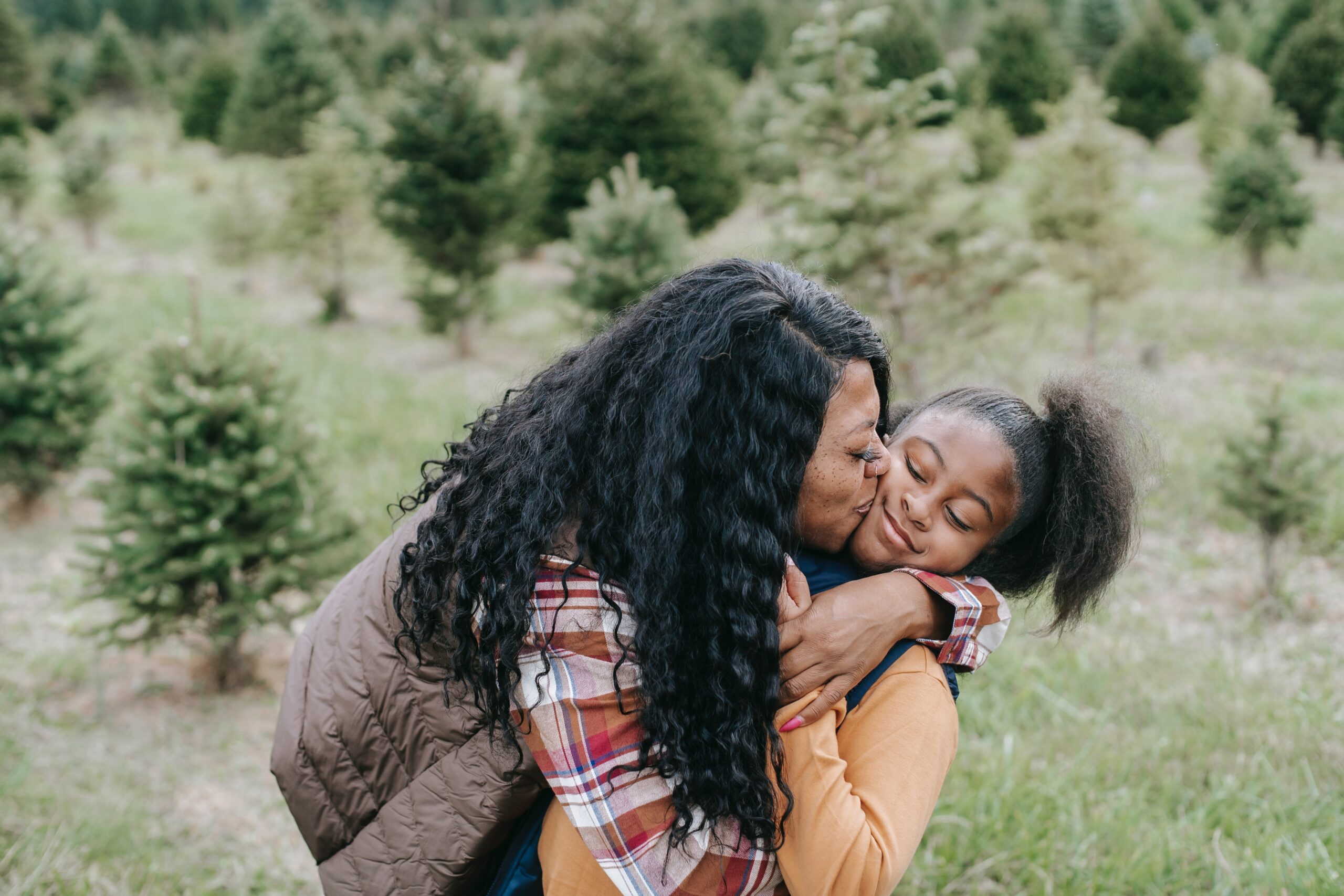We may think that we grow up and become adults. But in actuality, we carry all of the versions of ourselves with us. And try as we might, we cannot escape the things that happened during our childhood. The memories and the conclusions we reach during our childhood stay with us. They leave a lasting impression. While it might be comforting to reflect on the cute and innocent versions of ourselves, there are also lasting wounds that linger from childhood as well. Which is why so much healing work requires you to acknowledge and heal your inner child.
21 Ninety spoke to Jessica Gordon, the self-proclaimed baddest Black hypnotherapist, and Marriage and Family Therapist, about the ways we can all nurture our inner child.
21Ninety: Who is the inner child?
Jessica Gordon: We all have an inner child. You have your inner child and your wounded inner child. When a lot of people talk about healing your child, they’re talking about your wounded inner child. The wounded inner child is the part of you that may have suffered from abuse, neglect and trauma. And that hurt little girl or boy still lives within you and kind of runs the show unless you’ve taken up the responsibility to heal.
Now, your inner child is kind of the opposite of your wounded inner child. She’s very fun, joyful, loving, creative, using her imagination, loves to play.

21N: Why is the inner child so important to our lives, throughout our lives?
JG: If that inner child is not healing, that wounded aspect is going to show up in relationships, it’s going to show up in our decision-making. It’s going to show up in how much money we make in a potential career. Everything is centered around those initial childhood trauma wounds, which essentially gets stuck in our subconscious mind. I always say the inner child is housed in our subconscious mind. And our subconscious mind runs 95 percent of our lives. So it’s very important that we address, acknowledge, heal our inner child so we can live the best lives as adults.
21N: How should you nurture the happy, creative part of yourself as we go through the busyness of adulthood?
JG: I would say is just to acknowledge them. A lot of people don’t acknowledge their inner child. When it comes to inner child healing, if you talk to your inner child, a lot of times people will tell you, and I know from personal experience, that they just want to spend time with you. Just by acknowledging your inner child and inviting them in your space can make a ton of a difference.
You can apologize to them for what happened. I believe everyone has some wounded inner child aspect, that’s absolutely true whether you come from a very traumatic household or whether you come from a perfect, two-parent household, there’s still something that you believed as a child –and this is all because of the way a child’s mind works between 1 and 7 years old– that you may have taken personally and held on to that might later show up as different subconscious blocks or limiting beliefs.
21N: And do you invite your inner child in and spend time with them?
JG: It can be easier if you get a picture of them. That’s helpful. But literally just talking to them. You have multiple ages of inner child. Talk to your three-year-old self one day and the next day, talk to your eight-year-old self. You can do this in meditation or with your eyes open. Just say, ‘Hey 3-year-old Jessica. How you doing today? Do you feel like being bothered?’ Because the thing about an inner child is they will keep it real with us. They will tell you exactly how they feel, what they want and what they need from you in order to thrive.
21N; What can we learn from our inner child?
JG: I think we can learn to play more from our inner child. In order to heal your inner child, you have to become childlike. You almost have to go back to feelings of being an 8-year-old person. They love to play. Getting out and playing more, really embodying that child-like spirit, you are literally healing your inner child.
21N: What are some signs that show that our inner child is happy?
JG: When your inner child is happy, as an adult you begin to show up differently. You might be less triggered. You’re not as involved in some addictions, whether that’s sexual addictions of even just overeating. You feel more content and happy. Even your relationships look better. You might not have as strong of an attachment style as you once did. It all comes down to behaviors and patterns that we show as adults.
I think that the number one wound or trauma wound is not feeling enough. So just letting your inner child know, whenever you get a chance, whether that be everyday or whenever you remember to do inner child work, is that they are enough as they are. A lot of childhood wounds come from the value being placed on what we do versus who we are as loveable human beings, made in God’s image. Address your inner child and say, ‘Just the way you are, you are beautiful. You are worthy enough. We don’t need anything outside of ourselves to make us enough. We already are.’
